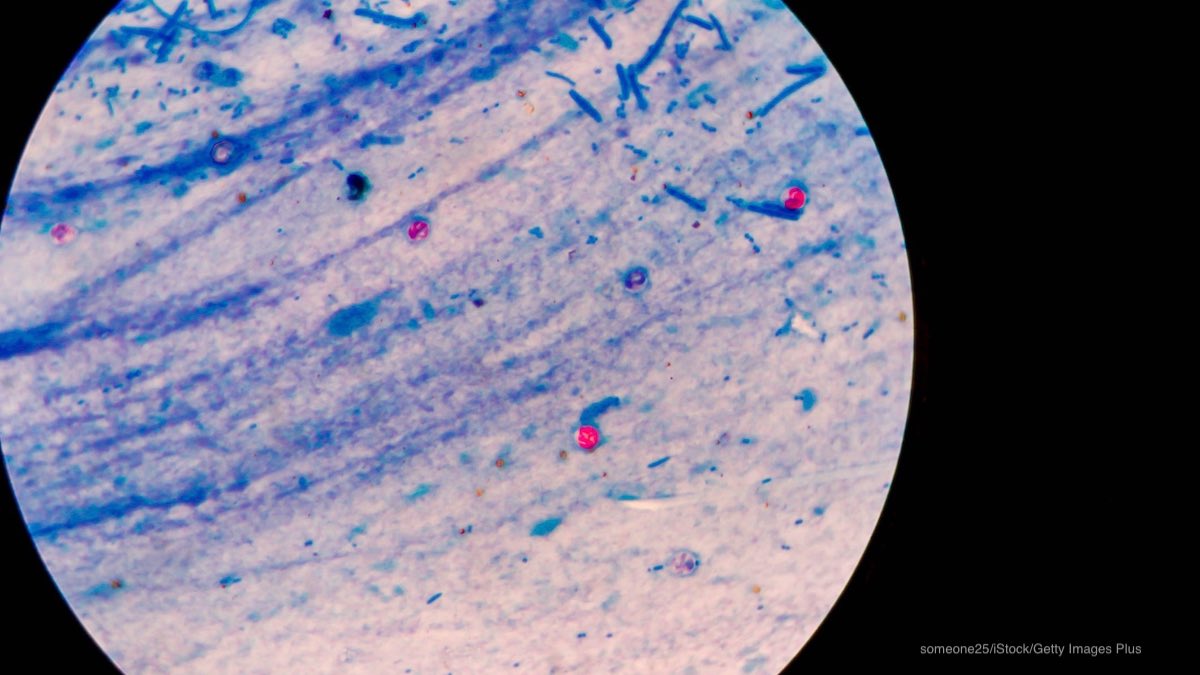The Shades of Sherwood Campground Cryptosporidium outbreak in Zumbrota, Minnesota has grown to include 72 sick. That is an increase of 69 more patients since the first outbreak notice was posted on August 3, 2018.

The Minnesota Department of Health investigators are working with the owner to determine ongoing risks and to take steps to control those risks in the future. Information from the public helped determine the number of illnesses in this outbreak.
The owner has taken several steps to prevent more illnesses of this type at the recommendation of health officials. The swimming pool was temporary closed and hyper-chlorinated to kill the parasite. The pool has reopened.
The campground posted signs at the pool warning visitors not to swim for two weeks if they have been experiencing diarrhea. And the campground closed the man-made water pond, called a “water park” at the location to swimming. That pond cannot be effective treated to remove Cryptosporidium or other pathogens because of how it is constructed.
Those sickened had symptoms of diarrhea or vomiting for art least three days. The first person got sick on July 1, 2018, and the most recent case occurred on August 3, 2018. One person was also sick with a Shiga toxin-producing E. coli (STEC) infection.
MDH Infectious Disease Division Director Kris Ehresmann said in a statement, “Clearly there was contamination associated with this site and transmission has been occurring for some time. We cannot say for certain what the original source of contamination may have been, but we have evidence that ill people were swimming in the facility’s various water features while still shedding the pathogens and reintroducing them into the features over time. That is why it is so important for people to not swim anywhere while they have diarrhea or for two weeks after symptoms of infection with cryptosporidiosis or STEC have stopped.”
There have been 51 reported recreational water illness outbreaks in Minnesota from 2008 to 2017. Half of those outbreaks were caused by the parasite Cryptosporidium. This parasite is spread in feces of infected people and animals. It is resistant to chlorine, which is why public health officials ask that anyone who has symptoms of this illness do not swim for at least two weeks after symptoms end.




